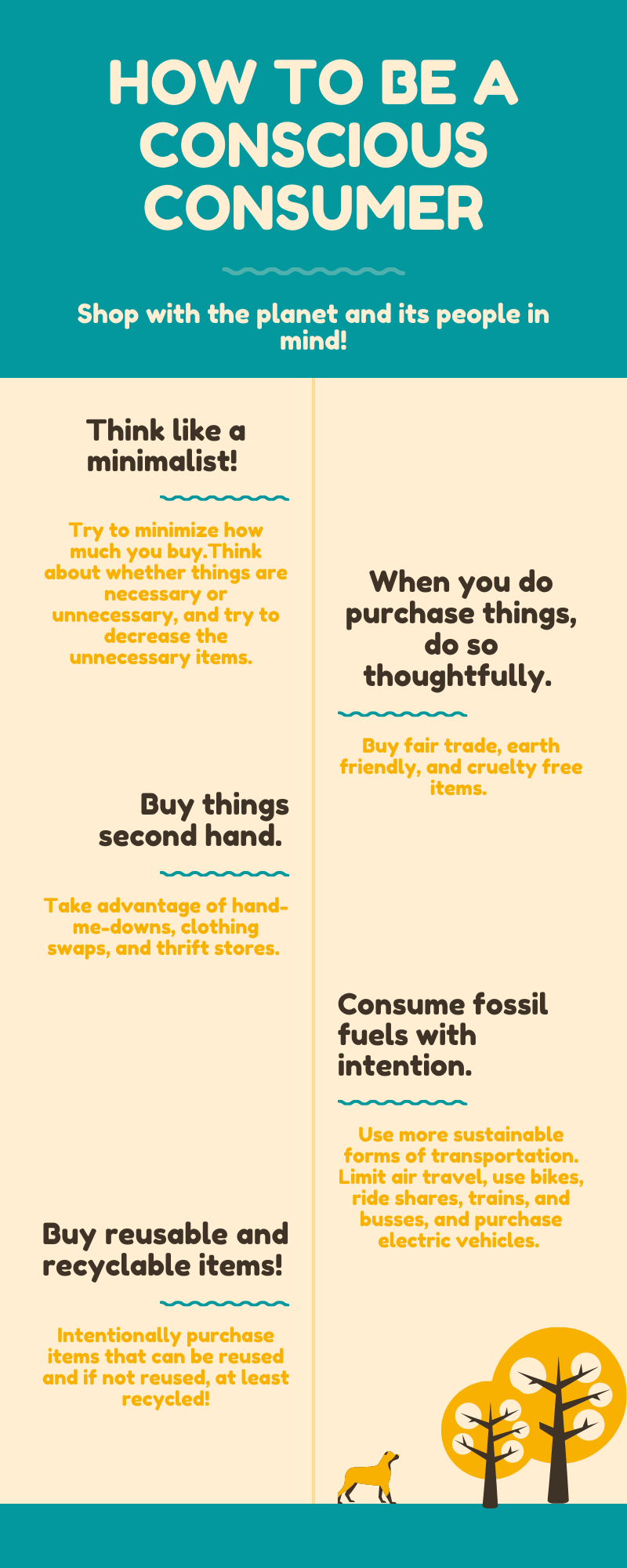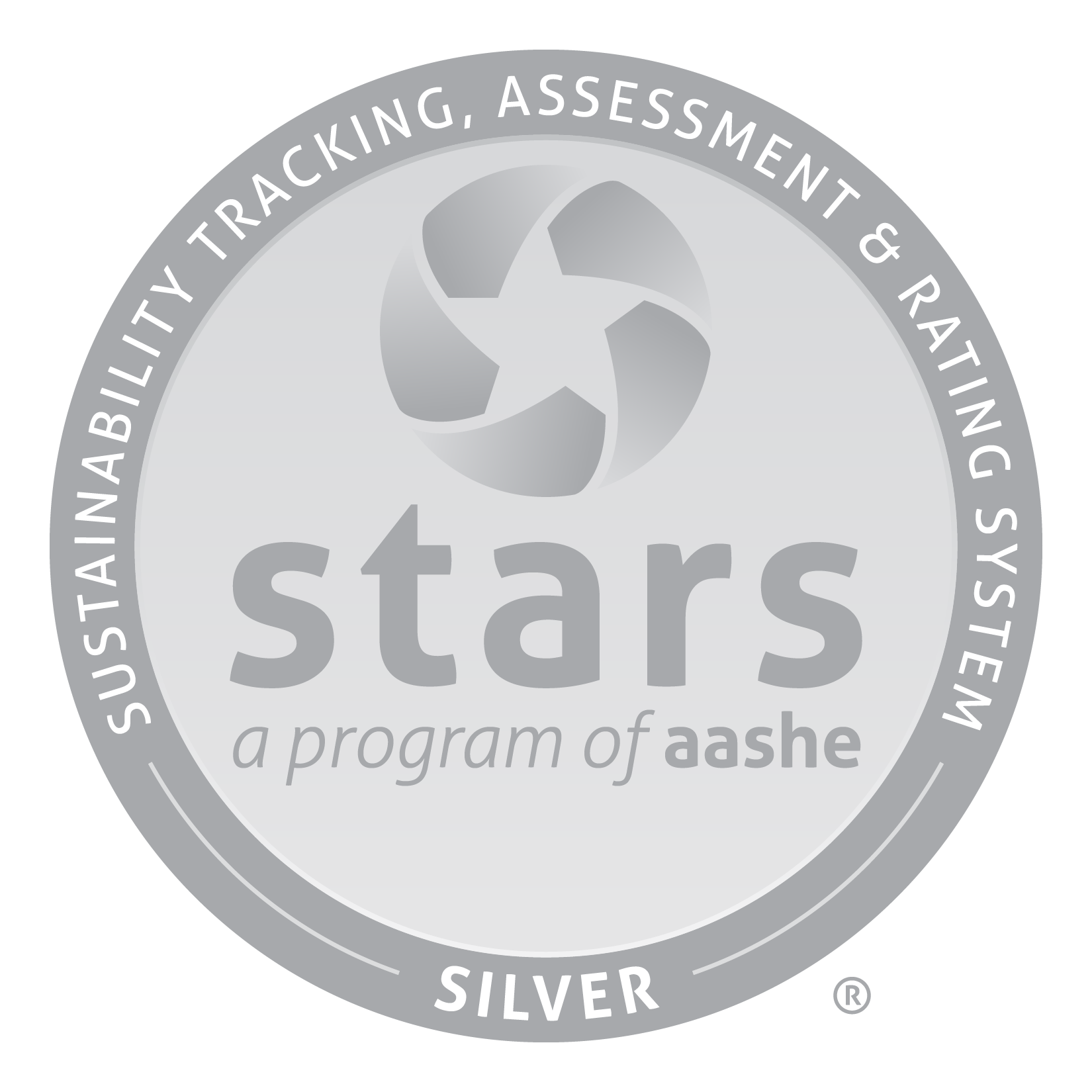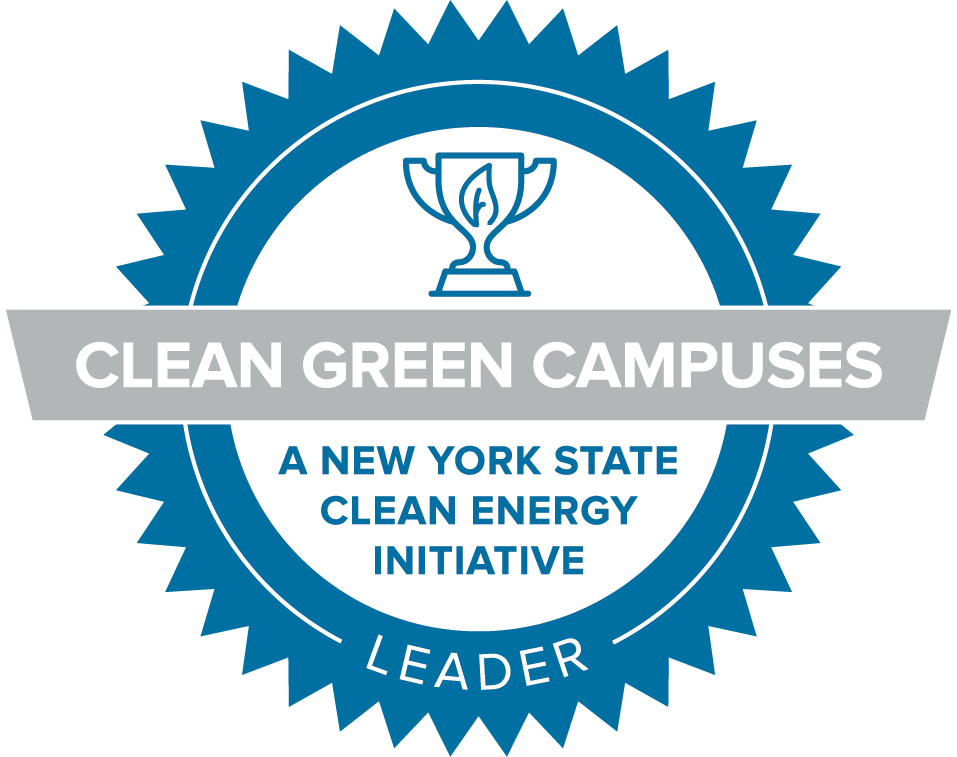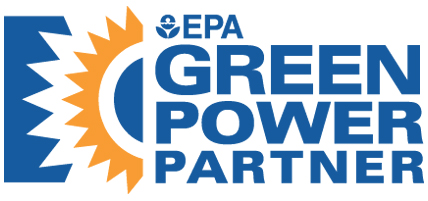Conscious Consumption
Conscious consumption is crucial for sustainability, as large amounts of pollution and waste are caused by the production (and over-production) of our everyday items, like food, clothing, electronics, cars, cosmetics, and so on. Sustainable consumerism is also a part of the UN Sustainable Development Goals, to “ensure sustainable consumption and production patterns” (UN SDGs), working to use fewer resources and create more responsible products that don’t cause harm to people or the environment. Skidmore works to be a conscious consumer by purchasing paper products with post-consumer recycled content, phasing out gas-powered vehicles for hybrid and electric models, and purchasing electronics that meet sustainability standards (Skidmore Purchasing). “Dive Deep” to see how you can become a conscious consumer!
Conscious consumption entails considering the environmental and social impacts of your purchases. According to Grow Ensemble, “Conscious consumerism is when buying practices are driven by a commitment to making purchasing decisions that have positive social, economic, and environmental impact”. In general, consuming fewer items is the best way to decrease your negative social and environmental impacts. When you do need certain items, it is best to choose items that cause the least amount of harm to people and the planet. Individual market choices drive what items are popular and thus will be produced in greater quantities. If people switch to purchasing food, clothes, vehicles, electronics, and appliances that make positive social, economic, and environmental impacts, those are the items that will continue to be produced, thus lessening the need for unsustainable alternatives.
Currently, our global society is one based around consumerism and materialism. Furthermore, materials are unequally distributed, with 59% of the world’s resources being consumed by the wealthy top 10% , while the poorest populations are only responsible for 0.5% (Green Tumble). What’s even more concerning is that the money that the wealthy use for ‘unnecessary’ items could drastically change the lives of those in poverty with limited access to things like education and basic sanitation and health services.

For example, it is estimated that Europeans spend $11 billion dollars on ice cream every year, which is enough money to provide every child with education twice (Green Tumble). Additionally, only $22 billion could provide everyone in the world with sanitation, health services, and proper nutrition (Green Tumble), mind you Jeff Bexos, the founder of Amazon, is worth $193 billion alone (The Verge). Basically, wealth and resources are grossly unequally distributed, and we need a drastic shift in corporate economic policies and practices alongside protections for workers and families. Consider these purchasing habits to challenge the current norm of overconsumption, and you can find power in your purchases to help to redistribute wealth, protect the environment, and remove some of the burden placed on poor and minority communities.
One way to be a conscious consumer is to shop locally. Shopping at small local businesses keeps the money in your community, contributing to your community’s uniqueness. Additionally, small local businesses are more likely to donate to local nonprofits, almost 2.5x more per employee than large corporations (Sustainable Connections). In relation to the environment, local businesses reduce transportation emissions as they also generally purchase local, meaning less long distance shipments (Sustainable Connections). Lastly, local businesses provide up to 90% of new jobs in the US (Sustainable Connections). Overall, it is important to shop at small local businesses as they tend to have a lower impact than large national corporations, and it is also important to try to purchase items that are sustainably made!
- As discussed in the Reduce, Reuse, and Recycle section of the Green Guide, clothing
is responsible for a large amount of resource usage, waste, and social issues. Therefore,
it is important to evaluate how a company you are buying from stands in it’s impact.
- The website goodonyou.eco is a great way to see how a company/clothing brand you are purchasing from is impacting the planet, people, and animals, with each company given a rating. For example, Forever 21 is given the rating of We Avoid (the lowest rating, 1/5) while Patagonia is given a rating of Good (4/5).
- The Good Trade provides lots of links and information about sustainable clothing brands.
- In the Food section we discussed the massive impact food has on the environment. There
are many certifications that foods can have, ranging from Certified Organic to Fair
Trade, focused on environmental and social impacts!
- FoodPrint is a good option to look at common certification you’ll see for things like produce, meats, and dairy.
- EWG Food Scores is good for independent brands, where you can search specific products to see their nutrition, ingredient, and processing concern scores.
- Personal care products is another category where it is super beneficial to switch
more sustainable and/or local options. A lot of personal care products, such as soap,
makeup, etc are made with a lot of chemicals, packaged in plastics, and don’t degrade
in the environment.
- Sustainable Jungle provides a large list of articles in relation to sustainable beauty and personal care products, ranging from cosmetics to body wash, and shampoo to deodorant. It's a great place to find sustainable and ethical businesses!
- Cleaning products are also something you can find more sustainable alternatives to by looking for more environmentally friendly options. Here are a few brands to check out!
- Electronics require a lot of different and rare materials to produce and can thus
cause a lot of environmental harm through the mining of materials. They should also
be recycled or donated to reuse such materials! Overall, try to be smart about your
purchases, and make sure to consider whether or not you actually need what you are
buying!
- Ecolabels on electronics outlines some common environmental certifications that electronics might have.
- Sustainable accessories, like chargers and cables, can be found at Nimble, a company that focuses on creating sustainable and ethical electronic products and also focuses on recycling them, providing each customer with a bag and label to ship off their used electronics to recycle! Fairphone is also a super cool company, that focuses on creating more sustainable smart phones that are made sustainably and made to last. They also have a system that allows you to replace certain parts of your phone without having to get a whole new one! Here are some larger businesses that also have recycling options.
- As mentioned above, donation is also an important part of electronics use, as it allows
for an electronic to have a longer life span and benefit those who might not be able
to have access to such things on their own. Here are a few nonprofits you could donate your electronics to!
- Skidmore does this as well by donating old computers to local schools and organizations!
- Appliances are also an important thing to think about when considering sustainability
as they require electricity to run. Typically, you want to focus on purchasing electronics
that are efficient and don’t produce any waste. Similar to electronics, try to donate
your appliances if you don’t need them anymore!
- Ecolabels on appliances outlines some common environmental certifications that appliances might have. A super common one to look for is Energy Star, a certification for energy efficiency.
- This ClarifyGreen article identifies some common small appliances and some more sustainable alternatives and tips, ranging from kettles and coffee makers to rice cookers.



